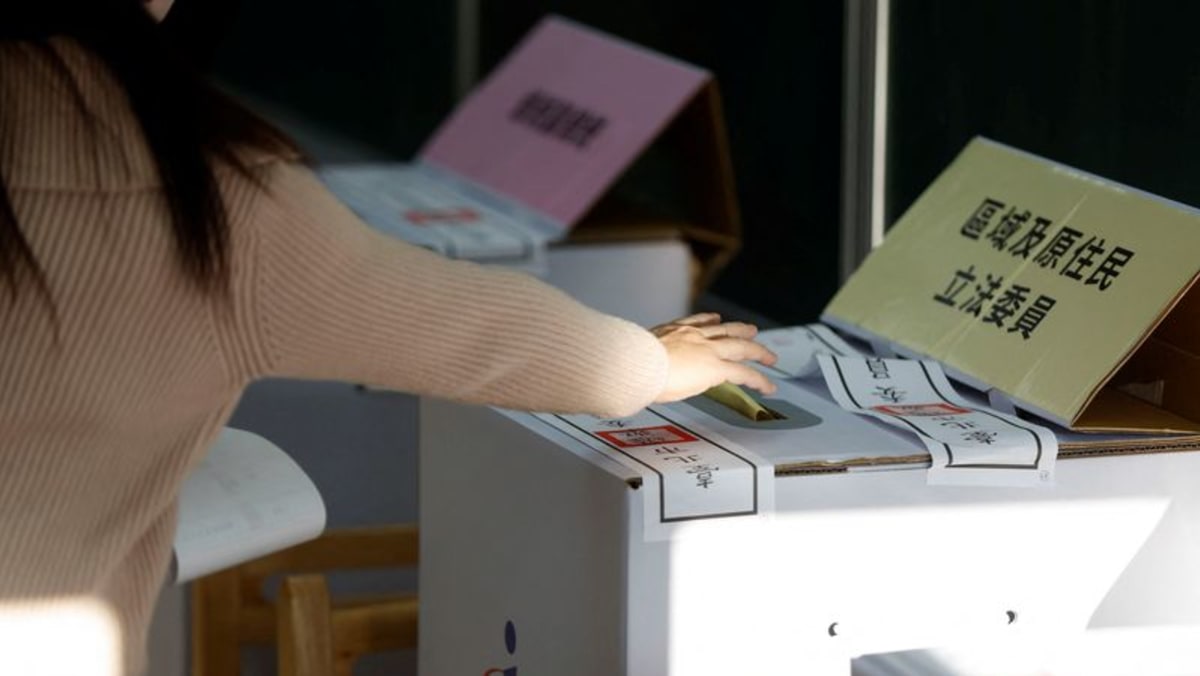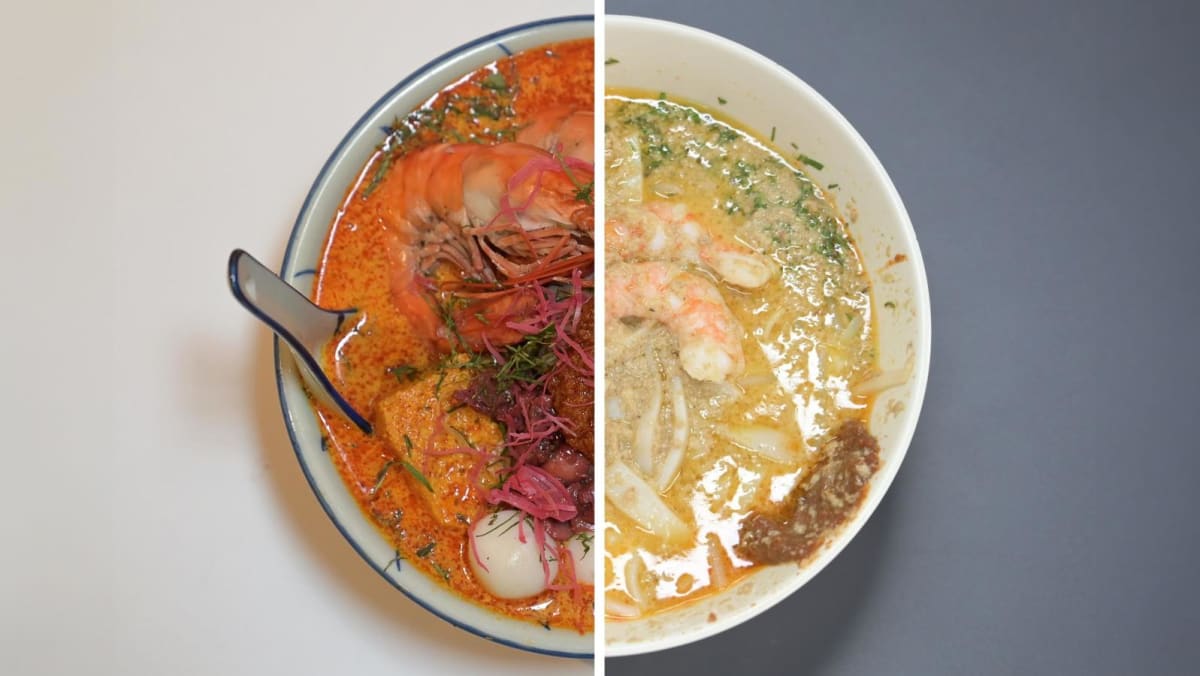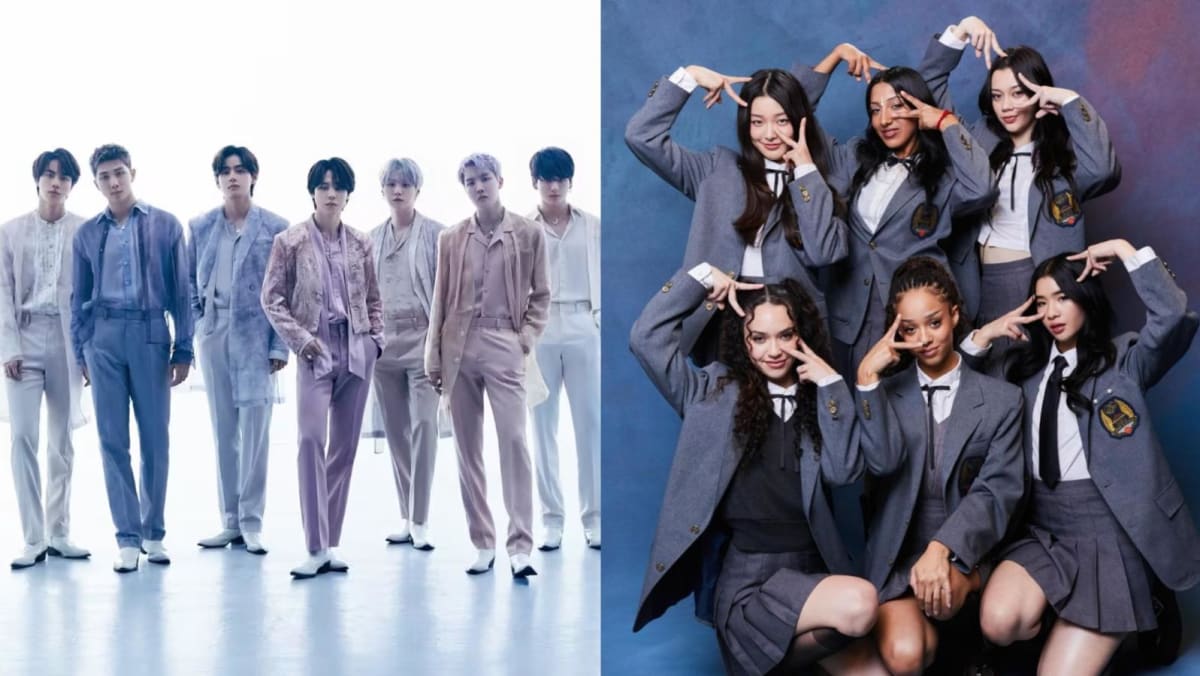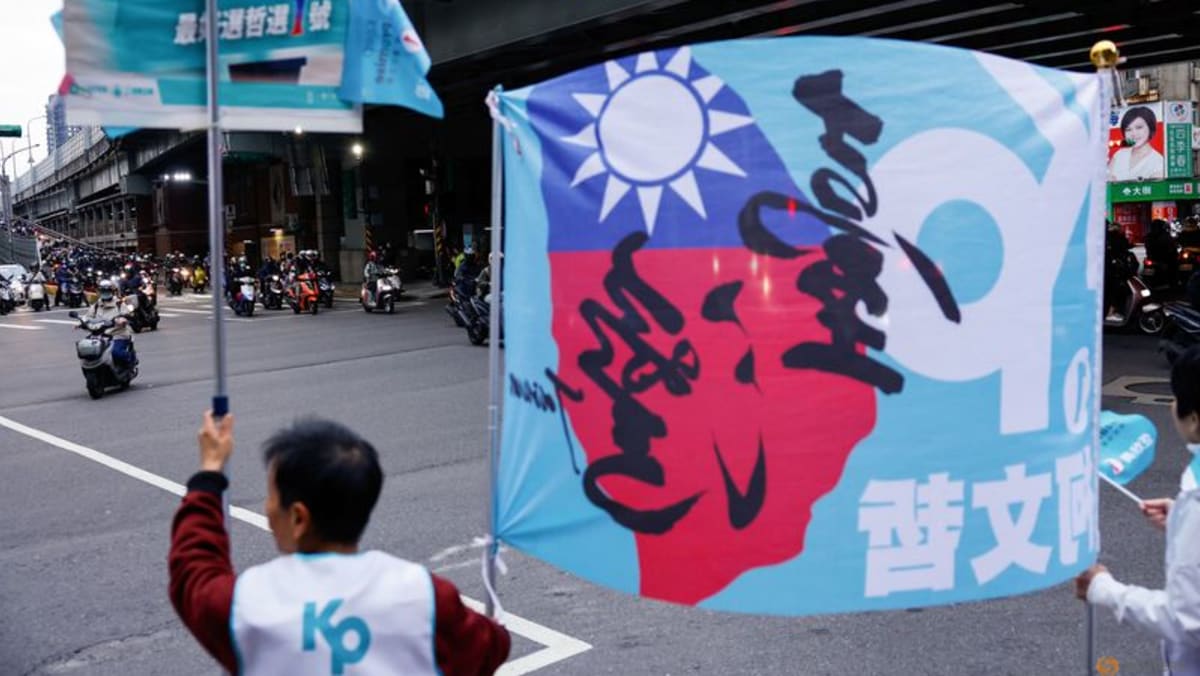China says ‘reunification’ with Taiwan remains ‘inevitable’ after vote
BEIJING: China said “reunification” with Taiwan remained “inevitable” after president-elect William Lai Ching-te won Saturday’s (Jan 13) pivotal election on the self-ruled island that Beijing claims as its own. Lai, branded by China as a threat to peace, won an unprecedented third consecutive term for Taiwan’s ruling Democratic Progressive Party (DPP)Continue Reading
















